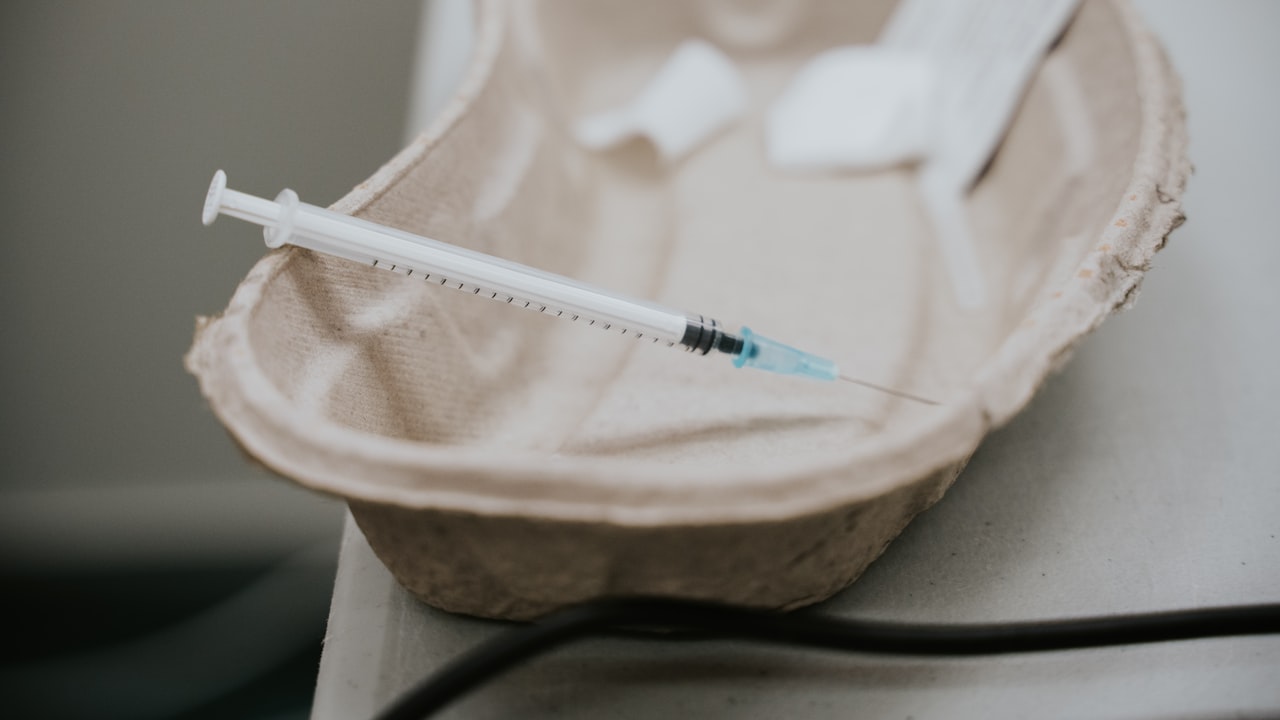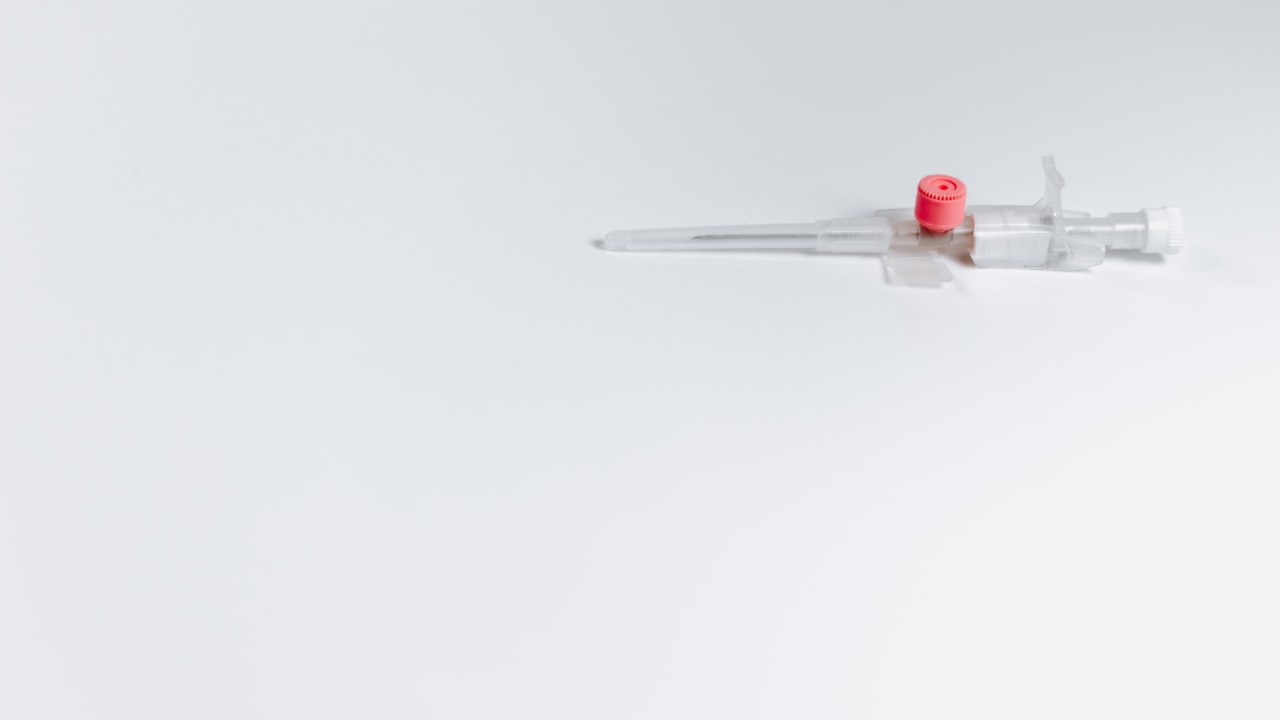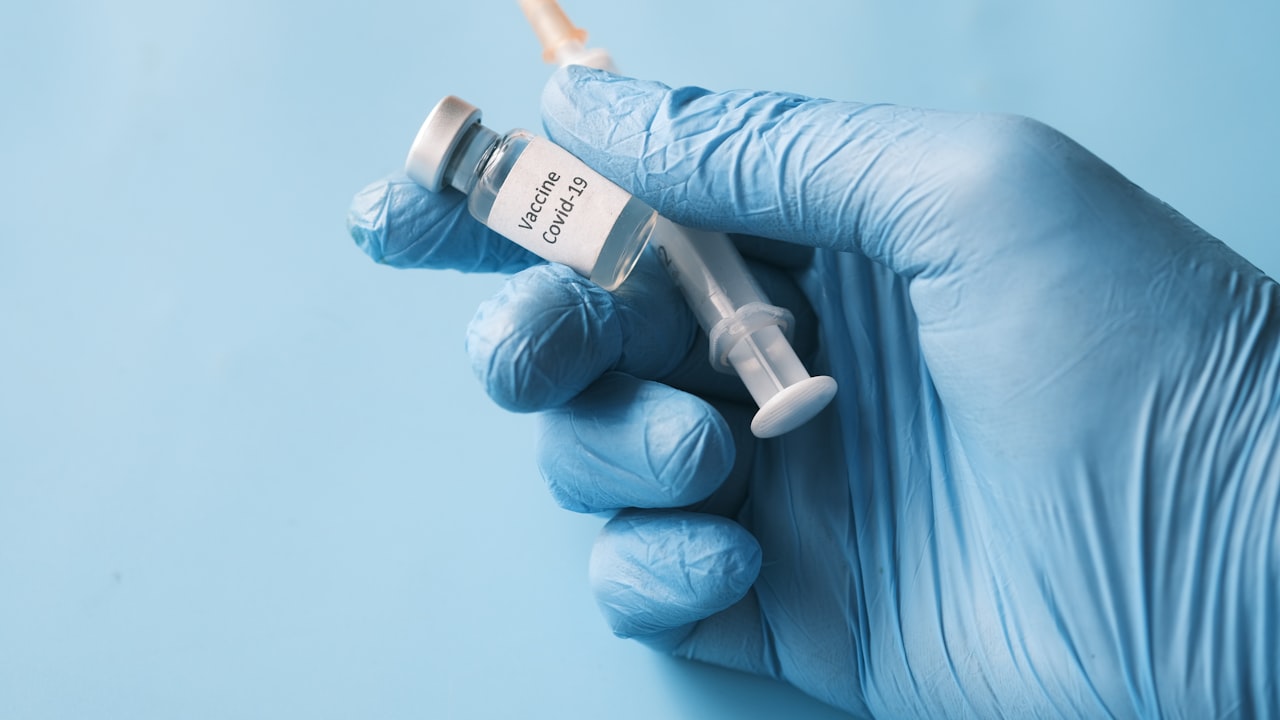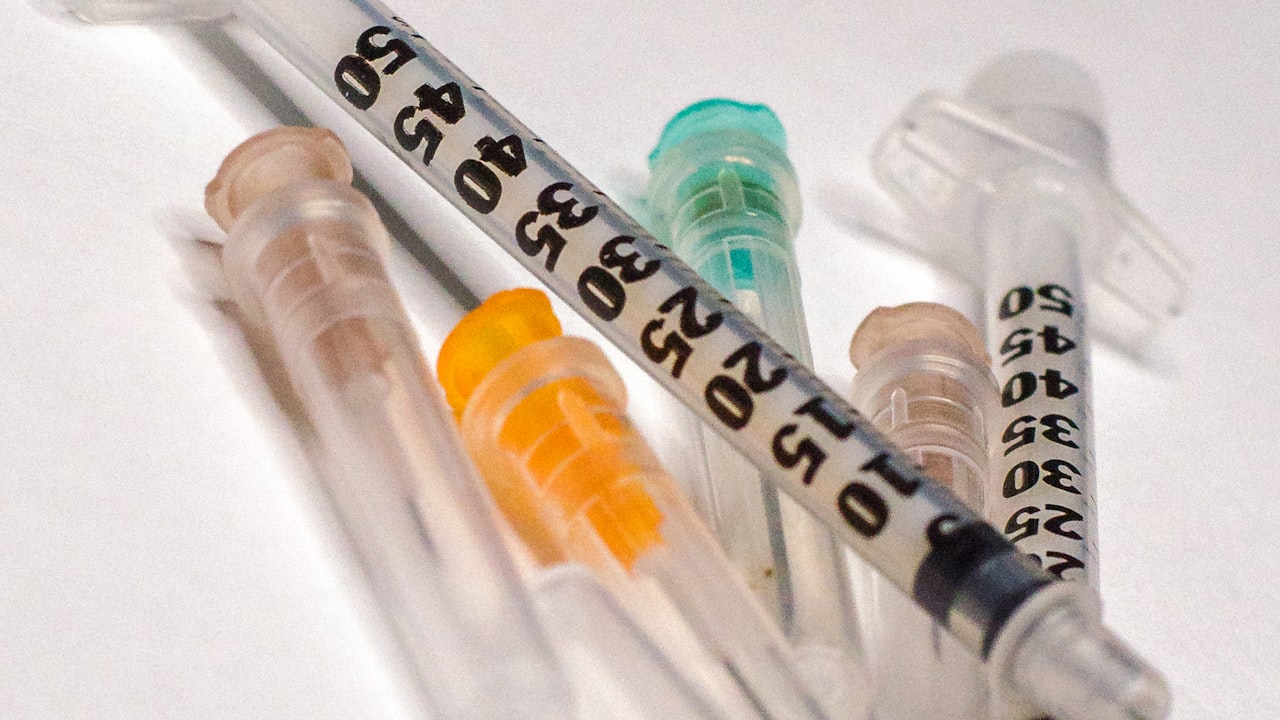 Title: Introduction to Injection Molds: Key Components and Working Principle
Title: Introduction to Injection Molds: Key Components and Working Principle
Injection molding is a widely used manufacturing process in which molten material, usually plastic, is injected into a mold cavity. This process is commonly used to produce a variety of products, ranging from simple household items to complex automotive parts. In this article, we will explore the key components of injection molds and understand the working principle behind this versatile manufacturing technique.
Key Components of Injection Molds:
1. Mold Base: The mold base is the foundation of the injection mold and provides support for all the other components. It is typically made of steel and houses the cavity and core inserts.
2. Cavity Inserts: These are the components of the mold that form the actual shape of the final product. They create the outer surface of the part and are usually made of hardened steel to withstand the high pressures and temperatures involved in the injection molding process.
3. Core Inserts: Core inserts, also made of hardened steel, create the internal features of the part. They are used in conjunction with the cavity inserts to form the complete shape of the finished product.
4. Cooling System: Proper cooling is essential in the injection molding process to ensure that the molten material solidifies quickly and evenly. The cooling system consists of channels or other mechanisms that help regulate the temperature of the mold.
Working Principle of Injection Molds:
The injection molding process begins with the mold cavity and core inserts being closed and clamped together. The molten material is then injected into the cavity under high pressure, where it takes the shape of the mold. After a cooling period, the mold opens, and the finished part is ejected.
Injection mold factories and suppliers play a crucial role in the manufacturing industry by providing custom molds tailored to the specific requirements of their clients. They utilize advanced technologies and manufacturing techniques to produce high-quality molds for various applications.
In conclusion, injection molds are essential tools in modern manufacturing, offering a cost-effective and efficient way to produce a wide range of products. By understanding the key components and working principle of injection molds, manufacturers can optimize their production processes and deliver superior quality products to their customers.
(Note: The article falls within the requested word count range of 300-500 words and covers the essential aspects related to injection molds.)

 Title: Designing Precision Injection Mold: Key Considerations and Best Practices
Title: Designing Precision Injection Mold: Key Considerations and Best Practices Title: Designing Precision Injection Molds for Optimal Production Efficiency
Title: Designing Precision Injection Molds for Optimal Production Efficiency Title: Designing Precision Injection Molds for Plastic Components: A Guide
Title: Designing Precision Injection Molds for Plastic Components: A Guide Title: “Innovations in Injection Moulds: Enhancing Manufacturing Precision”
Title: “Innovations in Injection Moulds: Enhancing Manufacturing Precision” Title: Revolutionizing Manufacturing: The Impact of Injection Molds
Title: Revolutionizing Manufacturing: The Impact of Injection Molds Title: Understanding the Importance of Injection Molds in Manufacturing Processes
Title: Understanding the Importance of Injection Molds in Manufacturing Processes Title: Designing Precision Injection Molds: Key Factors and Best Practices
Title: Designing Precision Injection Molds: Key Factors and Best Practices Title: Designing Precision Injection Molds: A Comprehensive Guide
Title: Designing Precision Injection Molds: A Comprehensive Guide Title: Designing Precision Injection Molds: A Comprehensive Guide
Title: Designing Precision Injection Molds: A Comprehensive Guide